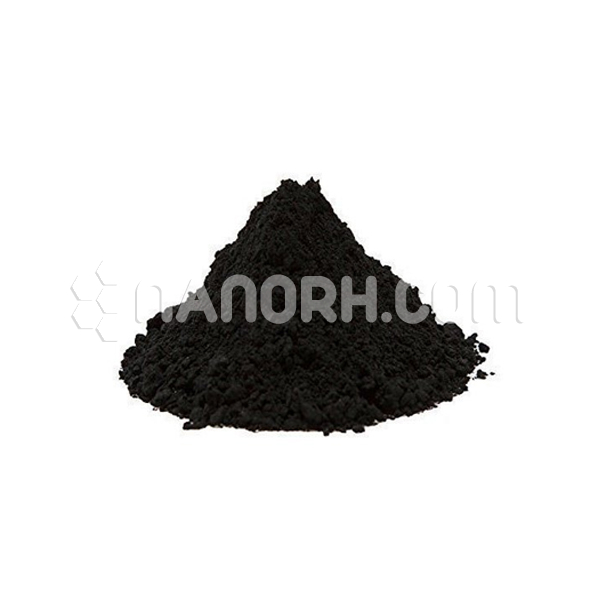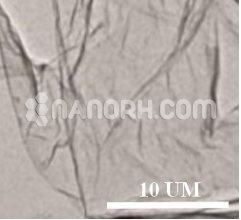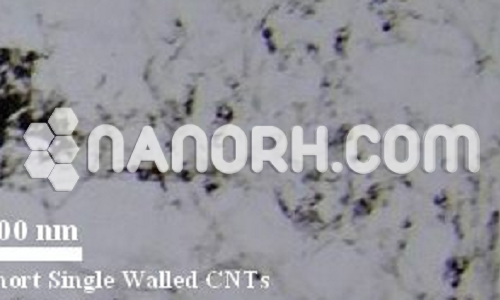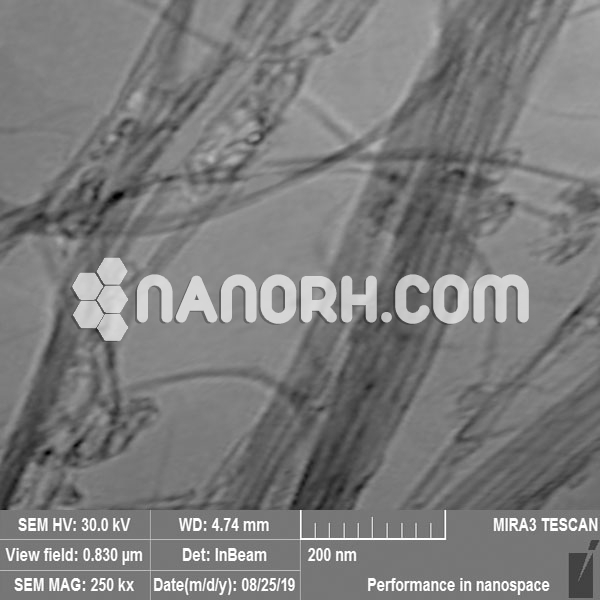| Amine Functionalization Carbon Nanotubes | |
| Product No | NRE-34001 |
| CAS No | 308068-56-6 |
| Purity | >99.99% (Ultra High Purity MWNT) |
| OD | 10-20nm |
| Length | 3-8µm |
| Special Surface Area(SSA) | 350m2/g(BET) |
| Tap Density | 0.14g/cm3 |
| True Density | 2.1g/cm3 |
| Electric Conductivity | > 100 S/cm |
Amine Functionalization Carbon Nanotubes
Applications of Amine-Functionalized CNTs
Biomedical Applications:
Drug Delivery Systems: Amine-functionalized CNTs can be used to load and deliver drugs more effectively due to enhanced interaction between the amine groups and drug molecules. This improves solubility, stability, and controlled release.
Gene Therapy: The amine groups help in the adsorption of nucleic acids (e.g., DNA, RNA), facilitating efficient gene transfer in gene therapy applications.
Biosensors: The amine groups allow CNTs to bind with biomolecules such as enzymes or antibodies, making them ideal candidates for biosensors that detect specific biological markers.
Environmental Applications:
Water Treatment: Amine-functionalized CNTs are used for removing heavy metals, organic contaminants, and toxins from wastewater. The amine groups can adsorb various pollutants, improving filtration and water purification processes.
Air Purification: The high surface area and reactive amine sites on CNTs enable them to capture pollutants like nitrogen oxides (NOx) and volatile organic compounds (VOCs) from air.
Energy Storage and Conversion:
Batteries and Supercapacitors: The amine functionalization of CNTs enhances their conductivity and interaction with electrodes in energy storage devices, leading to better performance in batteries and supercapacitors.
Fuel Cells: Amine-modified CNTs serve as catalysts or electrodes in fuel cells, improving their efficiency and lifespan.
Catalysis:
Catalytic Support: Amine-functionalized CNTs act as excellent supports for various catalysts, including metal nanoparticles, enhancing catalytic reactions in processes like hydrogenation, oxidation, and CO₂ reduction.
Electrocatalysis: The amine functionalization can improve the electrochemical properties of CNTs, making them suitable for electrocatalytic reactions such as those in fuel cells and batteries.
Polymer Composites:
Reinforcement in Polymers: CNTs functionalized with amine groups are incorporated into polymer matrices to improve the mechanical strength, electrical conductivity, and thermal stability of the composite materials. These composites are used in industries such as aerospace, automotive, and electronics.





Reviews
There are no reviews yet.